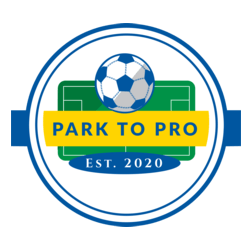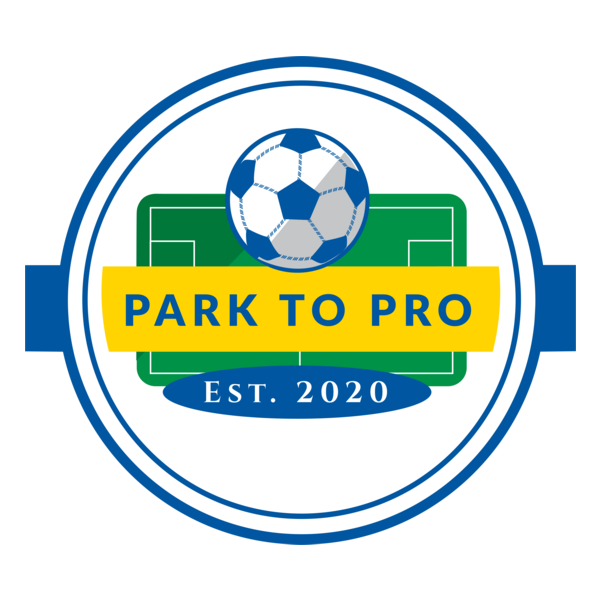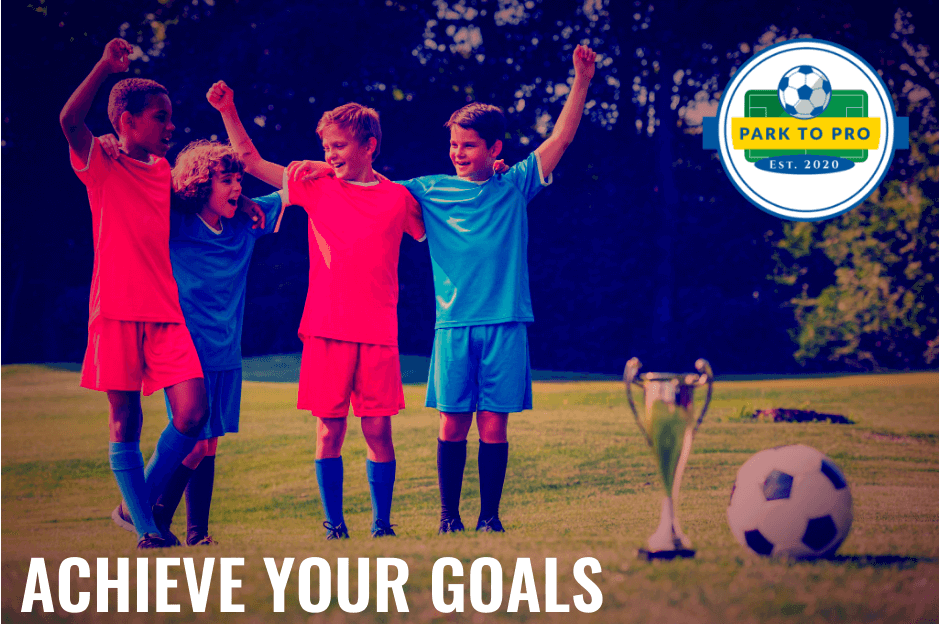Park to Pro Coaching Blog – Update
Due to a number of extremely busy months and updating CPD via a course format, the month of June has given us the opportunity to bring out our next blog post. This will now be a regular occurrence, with plenty of content coming your way in the future months.
How do we coach football?
In the last blog, what is football coaching?, we clarified the context to ensure there is a clear foundation for the topic in this blog, how to coach football?
The previous situation was designed and can be found on the following link;
Before the training session takes place, you need to use the power of reflection to plan what you intend to do. By doing this, you will be prepared and be in position to diagnose competency levels, while awaiting the opportunity to coach.
If, for whatever reason you are unable to reflect appropriately before the training session, you could well rely on subjective experiences, to execute your intentions. “When I was playing, this is how we did it” – so this coach in question may well use this approach. There could be a problem with this though? The players in your squad aren’t you and have completely different external factors, so why would you use this approach?
In order for us to plan and execute a session appropriately, we will use a 3 step process and then focus on one of these steps. They are;
Reflecting FOR action – Before the training session and planning ahead
Reflecting IN action – During the training session and the decision of what to coach
Reflecting ON action – After the training session and the evaluation
Today we will focus on reflecting IN action and how we can use this to improve our training sessions.
In the previous blog we looked at the player in training who missed a number of opportunities, that could possibly have led to scoring a goal. We need to try and diagnose the exact fault and what we could possibly do, to help this player in the future.
A few pop up’s may now occur in your brain…
Is the player low on confidence?
Was he not focused enough?
Those are just 2 of the many questions that I’m sure all coaches would’ve heard previously. If we were to use those as a starting point, how could we possibly help the player?
Coach, “are you low on confidence?”
Player, “yes”
One question that you should then ask yourself is, how do you train confidence??? This is a non-contextual word and clearly doesn’t mean anything, within a football context.
As coaches we need to improve a players performance in whatever way we can. From a theoretical understanding, to the language we use, along with the execution of coaching actions, this all matters and has high importance.
So, we are now at the training session and the player in question has now missed a number of goal scoring opportunities. There are two things we have to consider now….number one is the situation. Did you reflect for action and design a session that has the situations you so desire in it? If the situation is correct, then the desired behaviours will have a better chance at being provoked. If the situation wasn’t quite clear enough, then anything could happen as the game is chaotic and unpredictable.
On this occasion, we will say that the situation is correct. The question now is how can we coach this player?
For this opportunity to present itself, you must have recognised that something wasn’t quite right and incompetence was shown, triggering a pop up in your brain. This is a good sign, as there will be some kind of alarm bell ringing and a reference being activated. You’ve seen something, you’re now aware and you want to address the situation. How do we now get the required information from our brain, into the players brain??
To give us the best opportunity of this being successful, we will use reference coaching. This is where we have information (references) stored in or brain and wish to download them into the receivers brain.
By using a variety of questions (verbal communication) and visual examples (non-verbal communication), we can give the information to the player. They then have to store this in their own brain and create their own references, which they can utilise in the future. The questions you could use to observe if learning has taken place, could be;
“How can you help him/her?”
“What can you see?”
“By doing this, what impact could it have on others?”
Using these examples can tell you as a coach where the competency levels are at with this player and how much game intelligence they have.
Check the next blog, where we discuss the process of a ‘trial’.
Park to Pro tips;
1 – Try and understand what the difference is between situation and reference coaching.
2 – Designing the correct situation to provoke your players behaviour is vital.
3 – Learn the 3 reflection moments, as these will make planning & evaluations easier.
4 – Explore what references you have in your brain and if they are objective/subjective.
LEARN. TRAIN. DEVELOP YOUR GAME!


